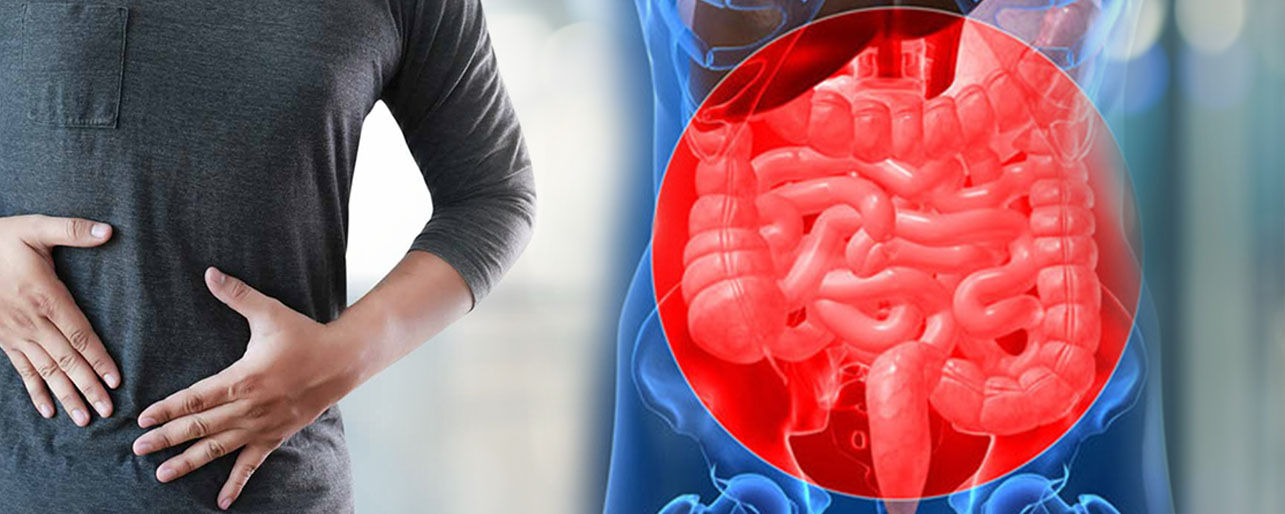
Gastrointestinal bleeding is more of a symptom or sign of an already existing problem or disorder than the problem itself. It is usually any form of bleeding in any region of the gastrointestinal tract between the mouth and the rectum. It may involve loss of blood and blood in the vomiting, or stool may be visible symptoms.
It is one of the conditions that need medical attention, and it is advised to see a gastroenterologist in delhi if you happen to go through any of its symptoms. We will look at various aspects of gastrointestinal bleeding in detail, and we’ll try to find out about the causes, symptoms, diagnosis, and treatment of this condition.
Some of the fast facts about gastrointestinal bleeding are:
There can be two types of symptoms of GI bleeding, and it can be either overt or occult.
The symptoms which can be overt or obvious include:
The symptoms which are occult or hidden may include:
GI bleeding occurs at mainly two places in the gastrointestinal tract, and it can either be in the upper GI tract or the lower GI tract. The causes for GI Bleeding in the upper gastrointestinal tract can be:
The causes of Lower gastrointestinal bleeding can be:
The risk factors for gastrointestinal bleeding may include the following:
The diagnosis of gastrointestinal bleeding includes the following tests:
The treatment of GI bleeding in delhi entirely depends on the underlying cause of this condition. As we already discussed earlier that GI bleeding could be a symptom of an existing problem the treatment is focused on eradicating that problem. The treatment is decided based on several factors like GI bleeding, the amount of blood loss, etc. The bleeding in the GI often stops without any external help, but in case of a peptic ulcer, the bleeding is made to stop by performing an endoscopy. When it comes to polyps-caused GI bleeding, the polyps are removed to treat GI bleeding through another procedure, a colonoscopy. A Proton Pump Inhibitor or PPI is used when there is a case of bleeding in the upper GI tract to suppress the production of acid in the stomach. It is a schedule IV drug, and a qualified doctor prescribes it, and the doctor may or may not ask you to continue it further after a complete diagnosis of GI bleeding. A doctor may also ask you to stop using any aspirin and other medications depending upon the situation. For prevention, it is necessary to keep your liver and digestive system healthy and perfectly functioning. To do that, one should avoid alcohol entirely, and one should take a balanced diet.